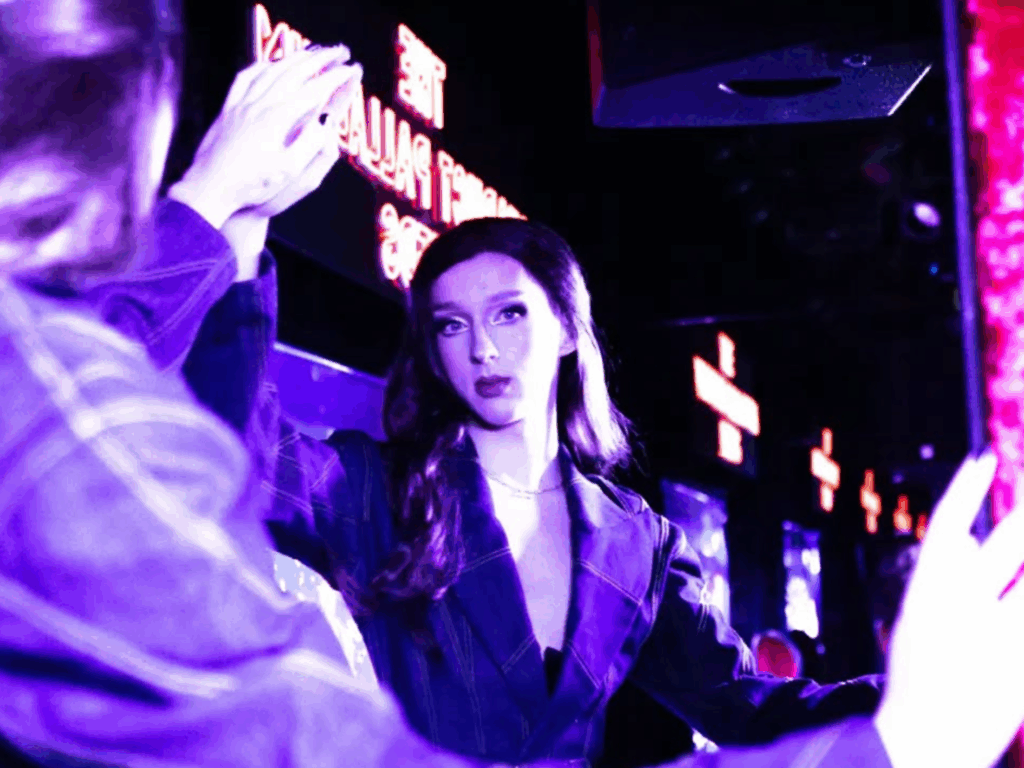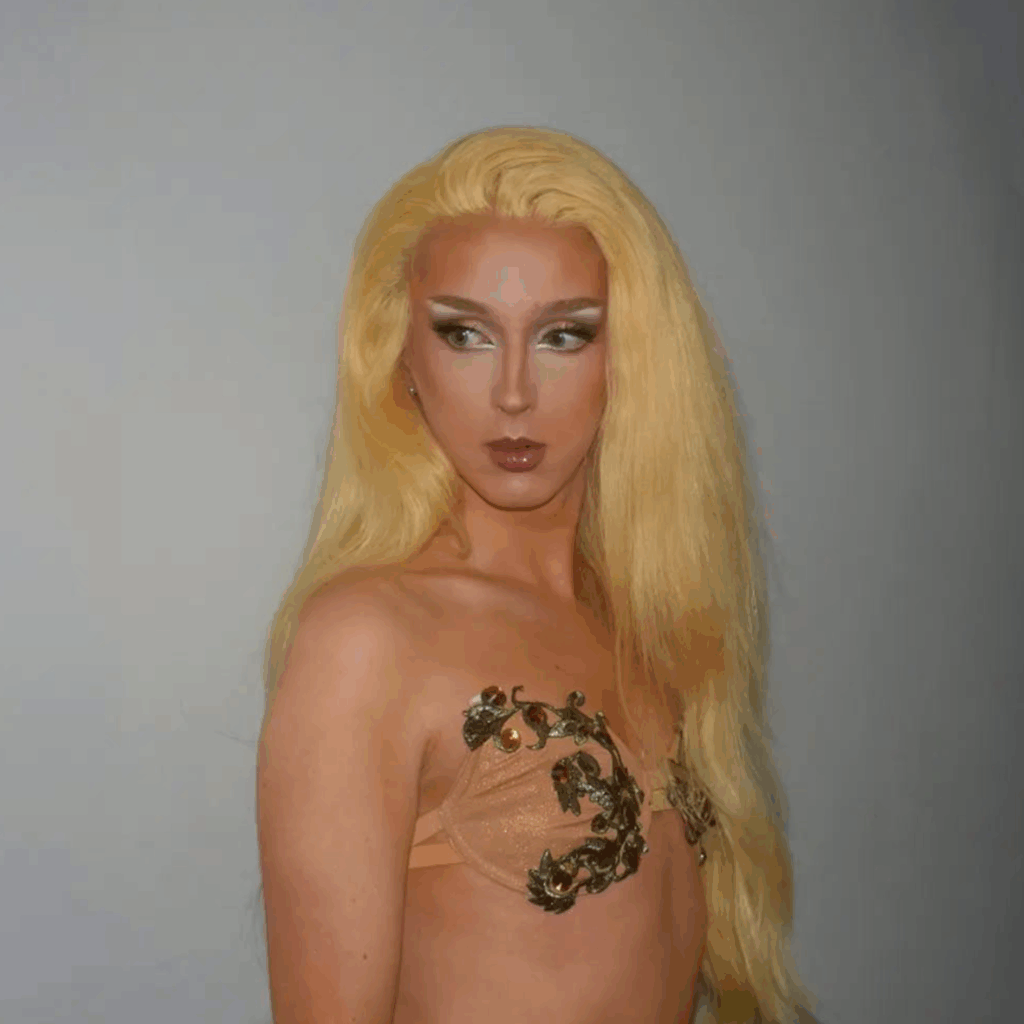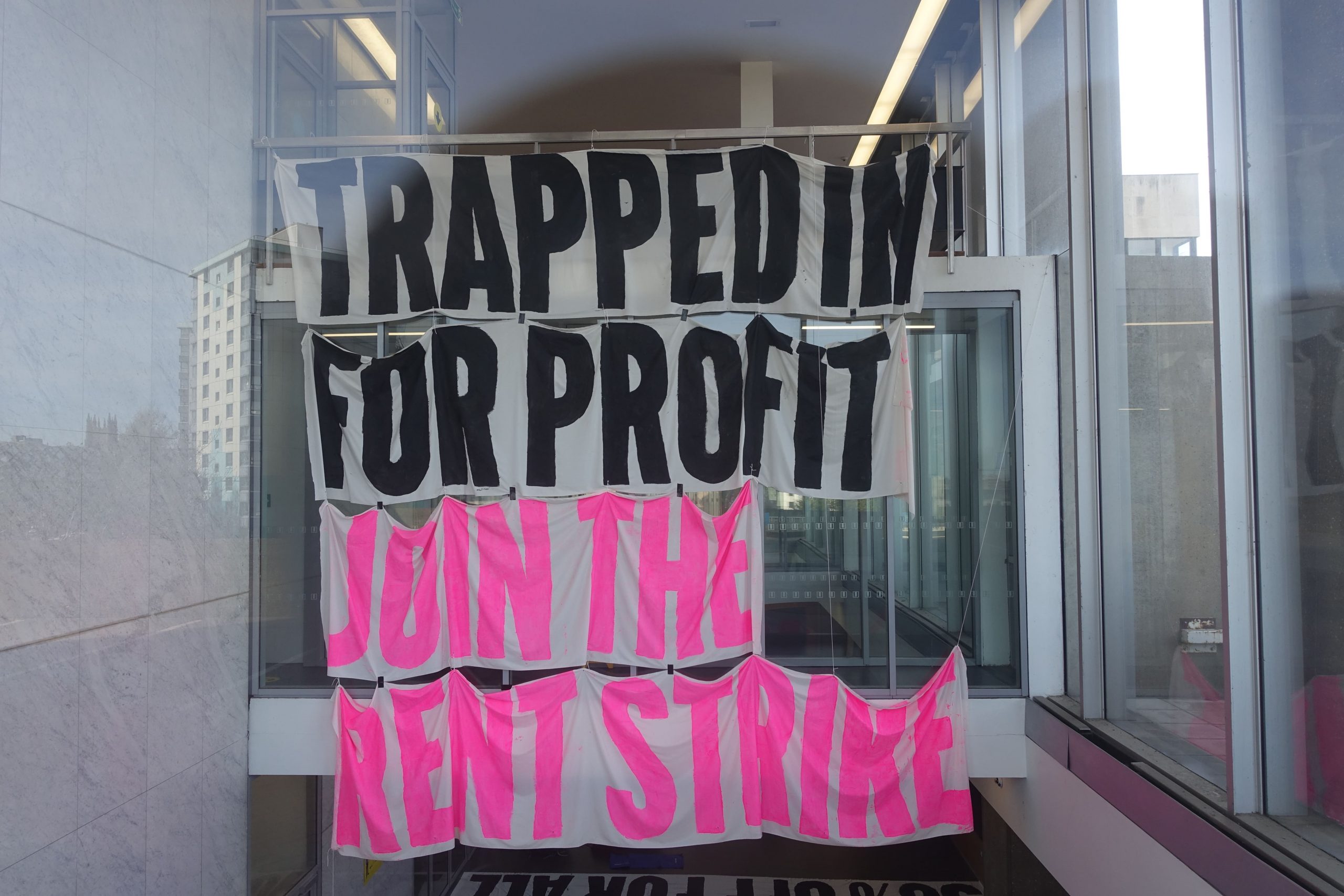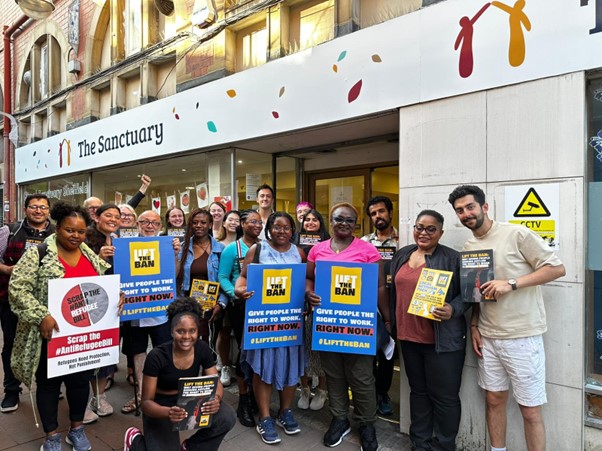Gay bars have long served as a sanctuary for queer people, but behind the glowing lights and echoing music, alarm bells are ringing as a culture of drink and drugs encourages substance abuse within the community.
“The club experience can be described as a feeling of escape or euphoria,” says Mattress, a 24-year-old drag queen from Leeds.
Mattress, who has struggled with addiction in the past, began working in gay bars after falling in love with lip syncing during lockdown.
“It’s a shame these spaces can be a hotbed for addiction,” they said. “Part of our job is to encourage people to buy at the bars. At the end of the day, the bars hold the show.”
The most recent Crime Survey for England and Wales reveals people who identify as LGBTQ+ are twice as likely as their cisgender-heteronormative counterparts to drink and a similar survey shows they are nearly four times as likely to take drugs.

“The club experience can be described as a feeling of escape or euphoria”
Shannon Murray, from the University of South Wales, conducted a study with members of the LGBTQ+ community which revealed how substance abuse has become culturally normalised.
“Many LGBTQ+ venues, particularly gay-friendly spaces and clubs, revolve around alcohol and drugs,” she says. “For many in the community, these are the primary ‘safe spaces’ where they can meet others like themselves and feel accepted. This creates an environment where substance use becomes normalised and even expected as part of community participation.
“Developing alternative social spaces that don’t centre around alcohol and drugs is crucial. While LGBTQ+ bars and clubs have historically provided vital safe havens, we need to expand the range of community spaces where people can connect. It’s important to recognise the historical context that has shaped LGBTQ+ social spaces. This history has influenced how LGBTQ+ people socialise, but it doesn’t mean these patterns can’t evolve to become healthier.”
“In drinking or drug taking there is a chance to escape from it – not having to think about what is happening in the real world for a minute“
Although Murray believes a healthier collective attitude towards drink and drugs is emerging, a recent rise in homophobia and a disdain for Equality, Diversity and Inclusion policies could undo this good work.
She explained as well as LGBTQ+ resources being vulnerable to cuts, individuals may experience increased stigma, discrimination, and social rejection – all factors which could contribute to substance use as a coping mechanism.

Mattress agrees the current hostility towards queer people will isolate them further, with the recent ruling on the legal definition of a woman exacerbating minority stress. “There’s more and more bad news about how hard it is to be gay or queer,” they say.
“In drinking or drug taking there is a chance to escape from it – not having to think about what is happening in the real world for a minute. I think in general the worse it gets the more it is going to push people to chase this feeling of not having to deal with it.”
Murray’s research also reveals those who identify as LGBTQ+ are less likely to access formal support for alcoholism or addiction. The study showed 56% of those who participated would go to online resources or self help, while 47% said they would seek support from a partner and 33% from their friends.
“The real support network we have is our queer family,” says Mattress.




